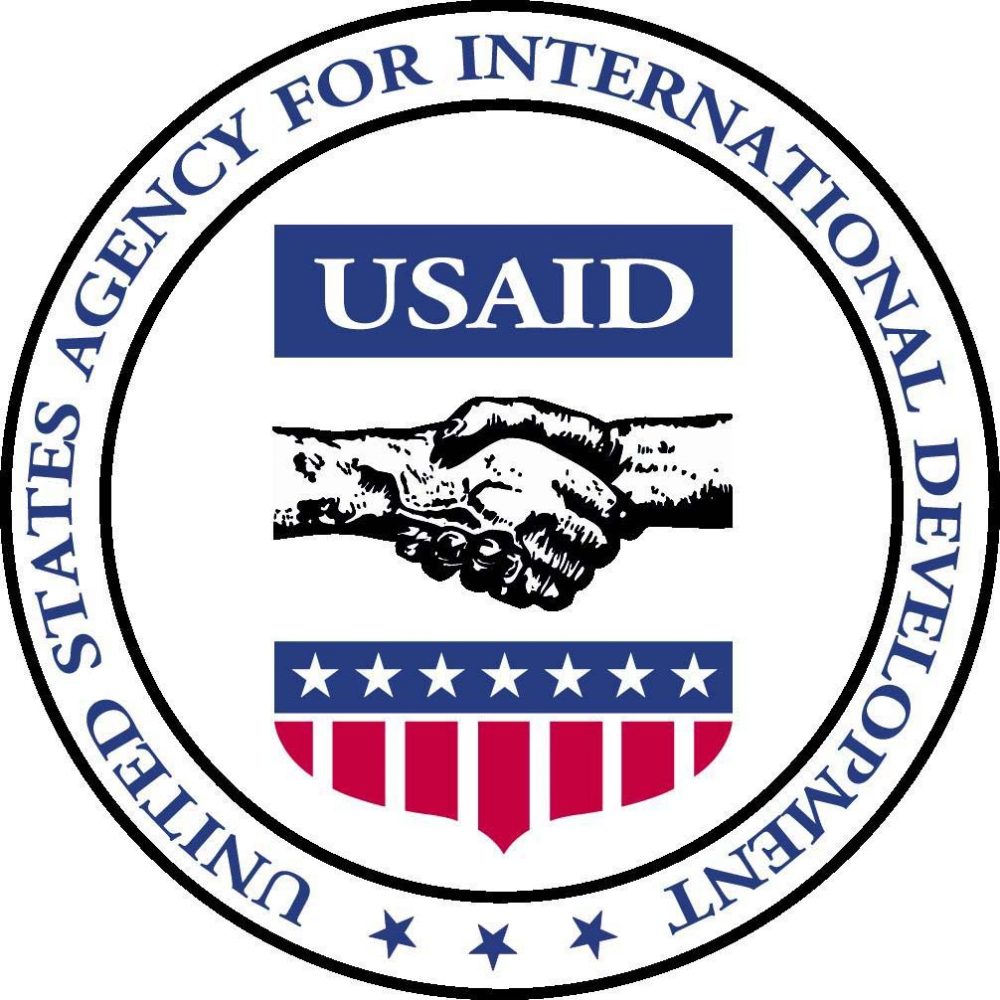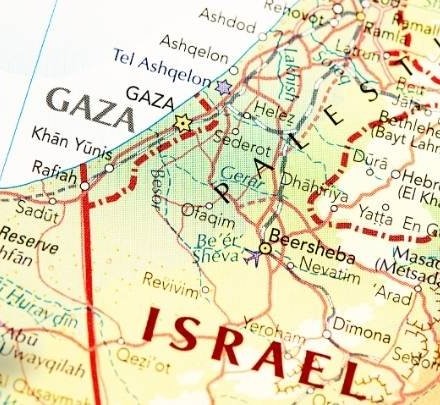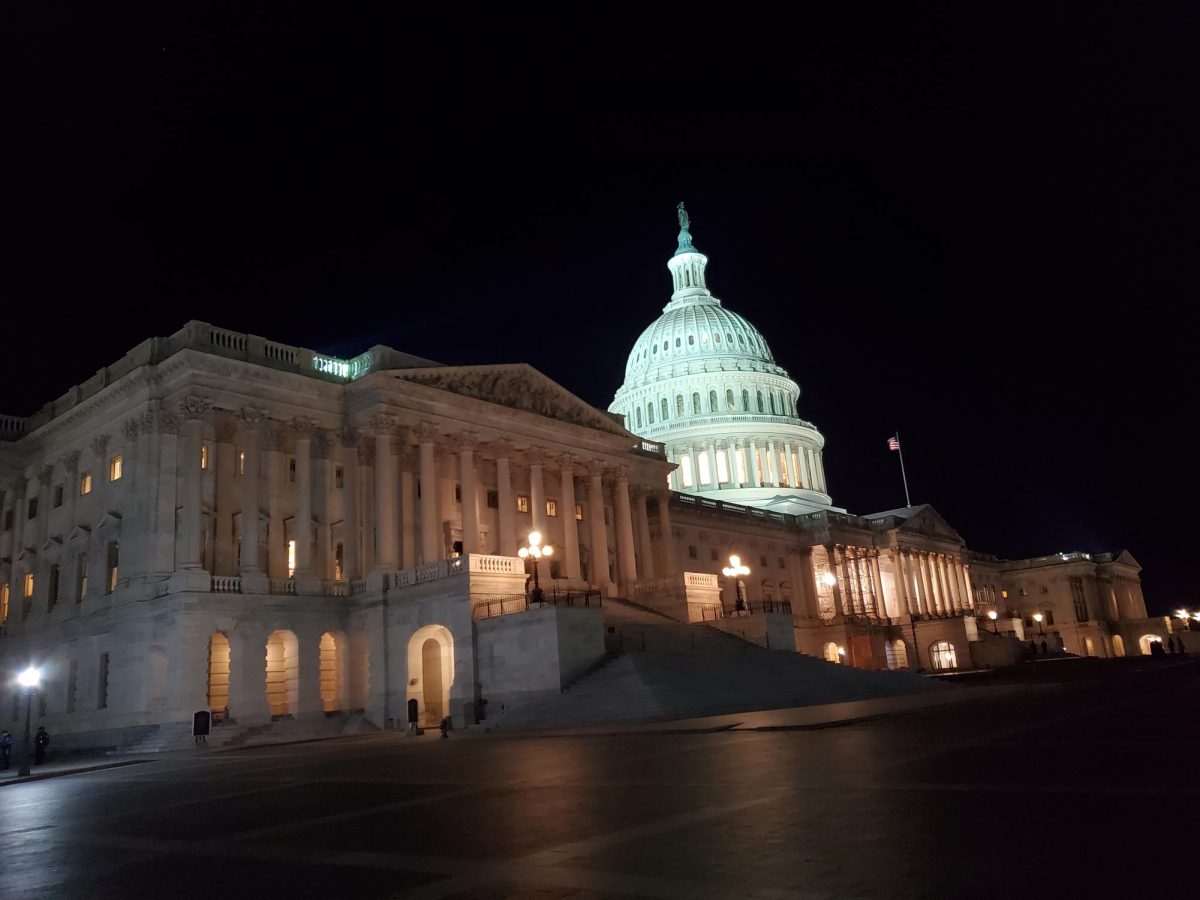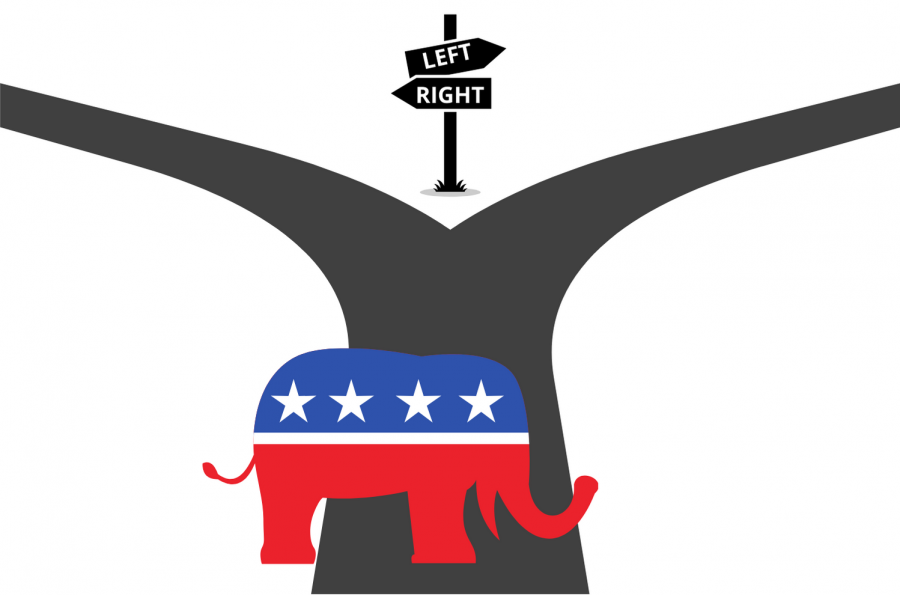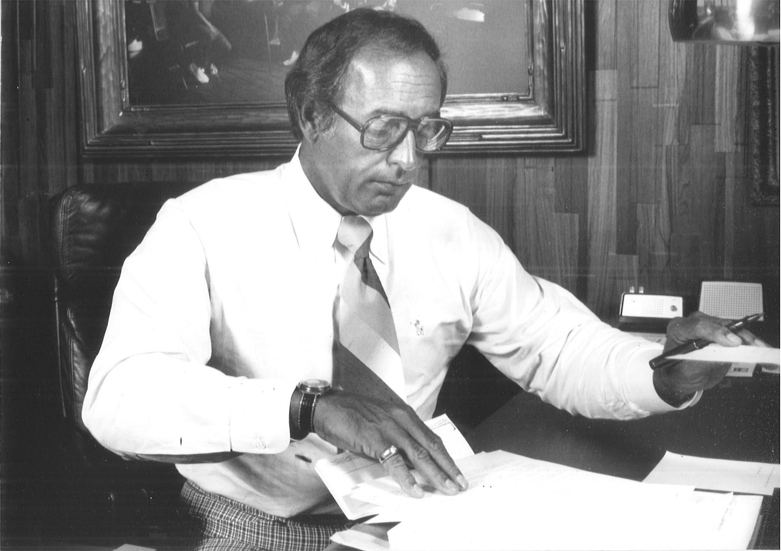Russian authorities have ordered USAID to close its offices and leave Russia by next Monday. This abrupt announcement has strained diplomatic tensions between Russia and the United States, and has raised concerns among other USAID-affiliated NGOs in Russia.
The United States Agency for International Development, or USAID, was founded in 1961 by President John F. Kennedy. According to USAID’s website, its two-fold purpose is “furthering America’s interests while improving lives in the developing world.” Throughout its 50-year history, USAID has worked in a variety of sectors to fulfill its mission, including health, agriculture, environmental sustainability and democracy.
USAID has worked in Russia since 1992 — a year after the dissolution of the USSR, which marked the end of the Cold War. Since then, the U.S. federal agency has partnered with the Russian government and other NGOs in Russia, channeling nearly $3 billion of aid into its programs.
Despite over two decades of cooperative work, USAID and the Russian Federation are now ending their partnership. The fallout has brought on wintry political exchanges between the two former Cold War rivals.
According to the New York Times, Aleksei Pushkov, the chairman of the foreign affairs committee in the Russian Parliament, had “long warned the U.S. side” about “USAID in particular political aspects.”
The U.S. State Department spokesperson Victoria Nuland, reports the BBC, replied that despite USAID’s removal from Russia, the agency stands “committed to supporting democracy, human rights and the development of a more robust civil society in Russia.”
Such exchanges may be reflective of Matthew Rojansky’s point that the two states have “fundamentally different views about the purposes of U.S. assistance.” He is the deputy director of the Russia and Eurasia Program at the Carnegie Endowment for International Peace.
However, the situation as a whole alludes to a deeper strain in Russian domestic politics, namely, the ongoing opposition against President Vladimir Putin. Protests against Putin and his party, United Russia, have reached highest intensity since Putin took power 10 years ago.
This is due, in part, to Putin’s return to presidency last year after a four-year stint as the Prime Minister. Many people viewed this as a manipulation of the constitution, which states that no one can hold the office of the presidency for more than two terms “in succession.”
The Pussy Riot trial of this summer also brought on a critical international response against Putin’s regime. Members of the punk rock band Pussy Riot were sentenced to two years in a penal colony after they were arrested and charged for a public demonstration against Putin in a Russian Orthodox Church. Thousands worldwide and in Russia took to the streets to demonstrate on the band members’ behalf.
With international pressure building on the domestic opposition against him and his party, Putin, as David M. Herszenhorn of the New York Times points out, may consider “external influence” with a “deeper concern.”
He may, Herszenhorn adds, “recalibrate his relationship with the U.S.” in light of U.S.-affiliated actors allegedly supporting anti-Putin protests. GOLOS, a partly USAID-funded watchdog NGO reported election fraud in United Russia’s narrow majority win in last year’s parliamentary elections.
USAID may have been, as BBC’s Steve Rosenberg reports, Putin’s “scapegoat” to demonstrate his intolerance of international actors supporting the opposition. However, there is a growing concern that this may be the beginning of a widespread crackdown on other foreign NGOs.



